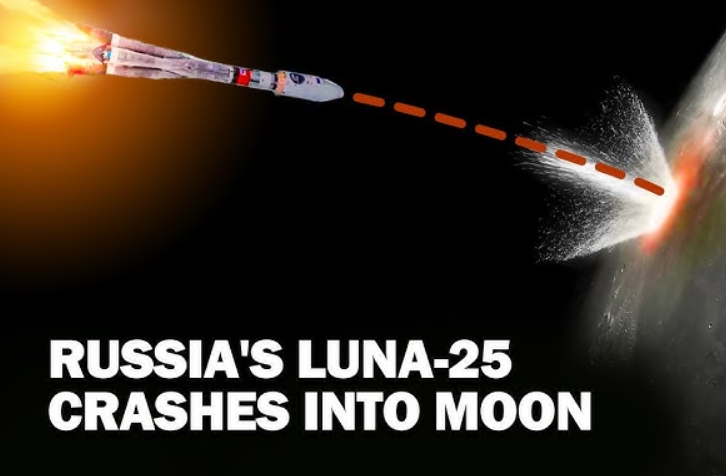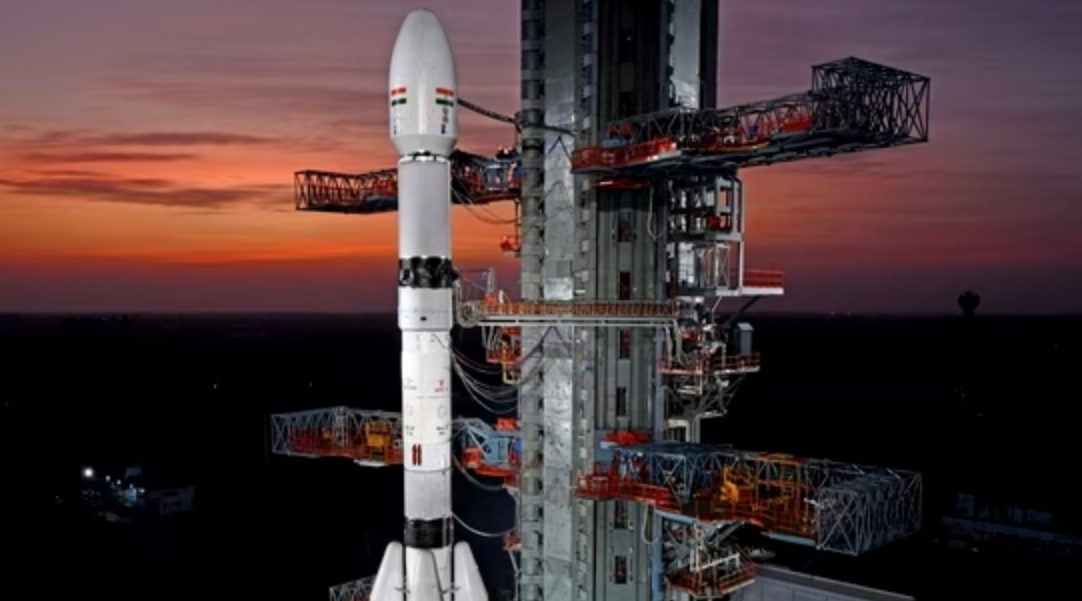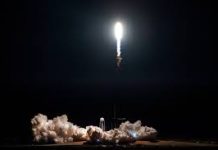Russia’s ambitious lunar exploration project, the Luna-25 mission, has experienced a significant setback as the spacecraft veered off course and ultimately crashed onto the lunar surface. This unexpected turn of events marks a disappointing end to Russia’s first lunar mission in almost fifty years, leaving the global space community in shock. Let’s delve into the details of the mission’s failure and its implications.
The Unfortunate Mishap:
Russia’s state space corporation, Roskosmos, recently announced the failure of the Luna-25 mission. The spacecraft encountered a critical malfunction while maneuvering to establish its pre-landing orbit, causing it to lose control and collide with the Moon’s surface. The mission’s abrupt termination is a major setback for Russia’s space aspirations and has raised concerns about the complexities of space exploration.
Roskosmos’s Official Statement:
In an official statement released on Telegram, Roskosmos explained the sequence of events leading to the mission’s failure. The space agency revealed that communication with the Luna-25 spacecraft was lost during a crucial orbital adjustment attempt. Despite efforts to regain contact, the spacecraft remained unresponsive, leading to its unfortunate collision with the Moon’s surface.

A Blow to Lunar Exploration Plans:
The Luna-25 mission held significant promise for Russia’s lunar exploration ambitions. The spacecraft was designed to land on the Moon’s south pole, an area of particular interest due to its potential water ice deposits. Water ice is a valuable resource that could play a pivotal role in future human missions to the Moon and beyond. The failure of Luna-25 casts a shadow over these aspirations and raises questions about the challenges of executing complex space endeavors.
Implications for Future Missions:
The ill-fated Luna-25 mission was intended to pave the way for more advanced lunar missions, such as Luna-26 and Luna-27. These subsequent missions were planned to undertake intricate tasks, including collecting and returning lunar soil samples. The failure of Luna-25 underscores the challenges space agencies face when tackling such ambitious projects, highlighting the unpredictable nature of space exploration.
Russia’s Luna-25 mission, which was anticipated to reinvigorate the country’s lunar exploration narrative, has ended in disappointment. The incident has left both the scientific community and space enthusiasts in disbelief. While the precise reasons for the mission’s failure are yet to be determined, it serves as a poignant reminder of the complexities involved in exploring the cosmos.




